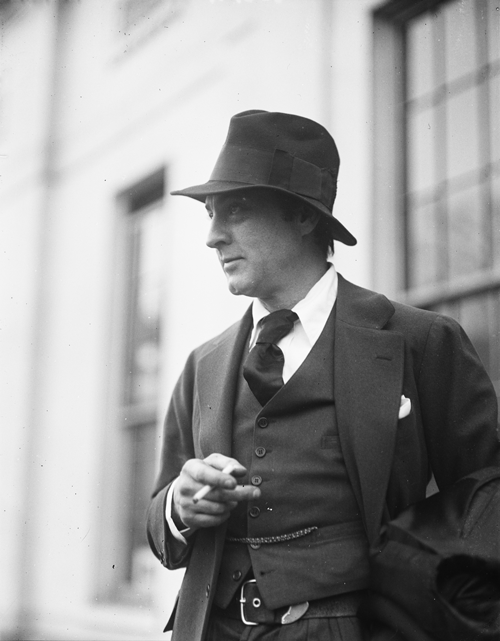
Corporate organizations are expected to have boards of advisors. At least in theory, these boards are intended to provide strategic direction, to isolate trends and spot opportunities that might be missed among the non-stop demands of daily high performance.
Individuals and teams can benefit from similar advice on an ongoing basis.
I recently happened upon a fascinating example involving the great 20th-century actor: John Barrymore.
The story is recounted in a fascinating essay by Barbara Acker, “I Charge Thee Speak”: John Barrymore and His Voice Coach, Margaret Carrington. It is found in a compilation, The Vocal Vision: Views on Voice by 24 Leading Teachers, Coaches and Directors.
In the 1920’s a “Barrymore Board of Strategy” emerged informally. It included critics, playwrights and teachers. They concluded that Barrymore had potential far beyond the light comedies for which he was acclaimed. To break through to the classics, they concluded that his voice required extensive training.
Undergoing comprehensive exercises directed by Margaret Carrington, Barrymore emerged a transformed figure.
One of the most respected—and demanding—critics of the era, Heywood Broun, reacted to Barrymore’s Hamlet:
Somebody ought to write a tale about Barrymore called ‘The Story of a Voice.’ It is one of the most amazing adventures in our theatre. Here was a particularly pinched utterance distinctly marred by slipshod diction. Today it is among the finest voices in the American theatre.
It was an outside, informal “board of advisors” who identified Barrymore’s potential and his limitations—and came up with a plan to take his performance to the next level.
Do you have such a board of advisors? How are you obtaining third-party evaluation and input that can lift you to the next level? Are you playing such a valuable advisory role for others?
A Board of Advisors for Your Life and Career?
